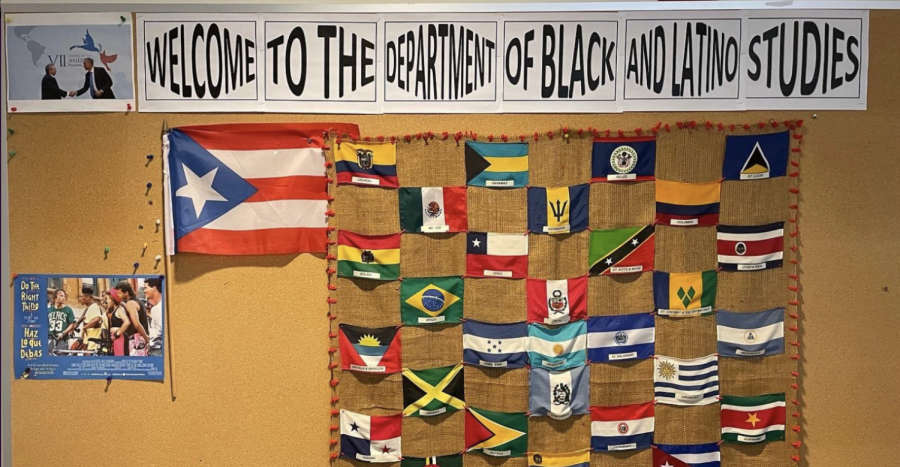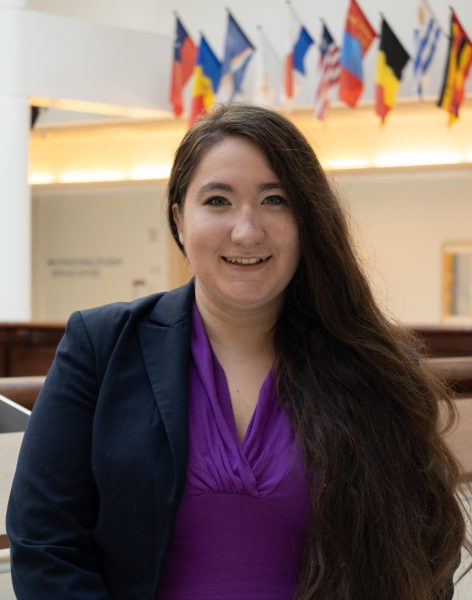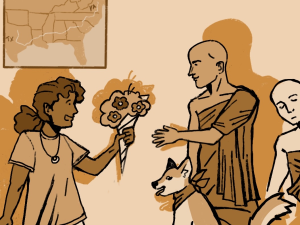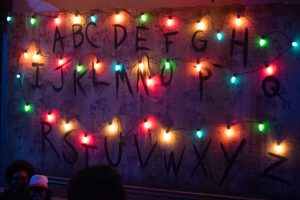Black and Latino Studies officially becomes Baruch major
September 2, 2022
In a culmination of efforts by Baruch College faculty and students, the fall 2022 semester marks the first semester that Black and Latino Studies is an official major.
The major was unanimously approved by Baruch faculty and with no objections from other CUNY colleges, The Weissman Newsletter reported. The proposal for the major was then approved by the CUNY Board of Directors and the New York State Education Department.
Students can access information about the major, minor and department’s courses on the Black and Latino Studies website. The major requires 30 credits and a capstone course, and it gives students the flexibility to focus on the areas of study that they are most passionate about.
“A unique component of the 30-credit degree program is a substantial fieldwork requirement,” according to the newsletter. “Students will receive course credit for their work with New York City-based and national organizations dedicated to advancing racial and social justice, gaining the operational and leadership skills they’ll build upon for the rest of their lives.”
The creation of the Black and Latino Studies major is an important step in Baruch’s work toward creating an academic program that is reflective of its community and works to build a more equitable society.
The new major is also a significant step toward strengthening the Black and Latino Studies department.
Throughout the process of creating the major and in the time after its approval, the department grew. It welcomed Rahul Robles, who teaches Latinx studies; Keisha Allan, who teaches Caribbean Studies; and Karanji Carroll as a lecturer. The department anticipates hiring more staff.
The expansion of the department is especially significant because in the past, it struggled with being prevented from hiring new staff by the administration. At one point, it went six years without hiring despite open positions, The Ticker reported.
The administration justified the hiring drought by saying that there was not enough “demonstrated interest” from students. Additionally, then-Provost David Christy said that Black and Latino courses had relatively good enrollment, but because the department lacked a major, student interest was not as high as it was for other departments.
The Black and Latino Studies department had been developing a major since then. Finally, the approval of the major and finalization steps took place during the pandemic, shortly after Shelly Eversley was appointed as the interim chair of the department.
“I became interim chair in January 2020 and [creating the major] was the goal, but who knew what would happen by March?” Eversley said. “It was a pretty intense time, the pandemic and the ways that it affects all of us so horribly, and then, of course, disproportionately people in New York City, and then disproportionately Black and Latino communities. Personally, I lost my best friend.”
Eversley said that working during the challenges of the pandemic helped shine a light on the importance of Black and Latino studies and affirmed the need for the major at Baruch.
“It became a real focus for a lot of people,” she said. “Especially after George Floyd was murdered, it came to a lot of people’s attentions, ‘How come we don’t have a Black studies major?’ It was already in the works; we were already doing stuff and we just kind of got more people interested because we understood how important it is for everyone’s education to be thinking about anti-racist scholarship.”
The Black and Latino Studies department developed the major by examining programs across the country and consulting individuals who ran similar programs. It also sought out student input.
“We met with a bunch of students from USG and students who were minoring in BLS, and we talked about what they wanted,” Eversley said.
The interdisciplinary nature of the Black and Latino Studies major is something that Eversley believed was valuable for students.
“It’s about multiple disciplines, multiple lenses and analysis,” Eversley said. “We’re thinking about qualitative storytelling, qualitative evidence. We’re thinking about quantitative data numbers and data analysis, and how you integrate both of those things. That becomes really important so that a student, when they graduate, can not only think critically, but they can communicate well and read and research data and evidence.”
Eversley said that equipping students with the resources for their futures outside of Baruch is at the heart of the department’s evolution.
“How can you think about your interest in social and racial justice in your work, in your classroom reading, your writing, your research projects?” she said. “How can you integrate that stuff into your work so that you can go out, get a job, build a career and build a life for yourself where you get to mix your ethics with your intellect? That’s what the BLS major wants to help you answer.”
Editor’s Note: Additional reporting by Amanda Salazar








